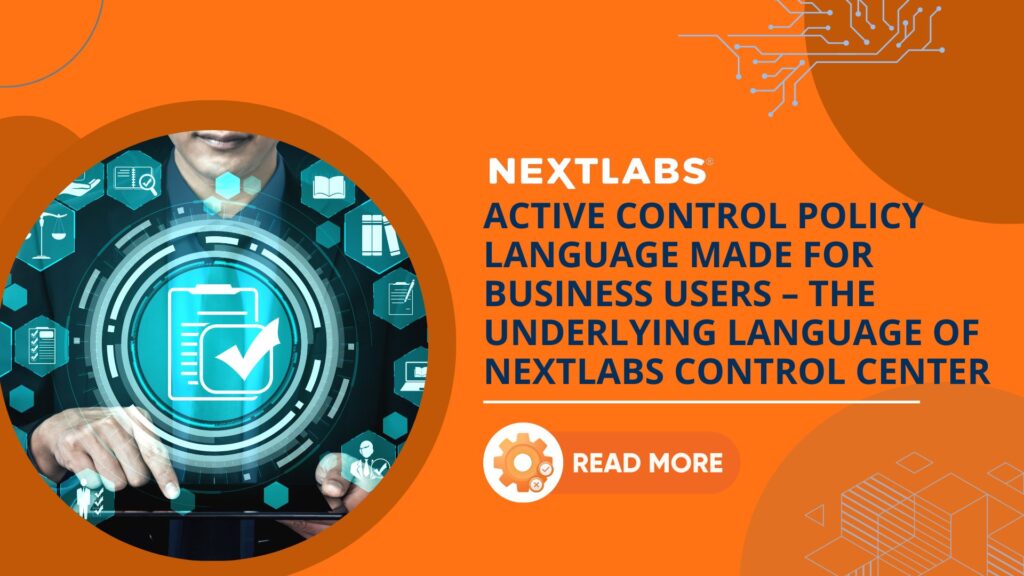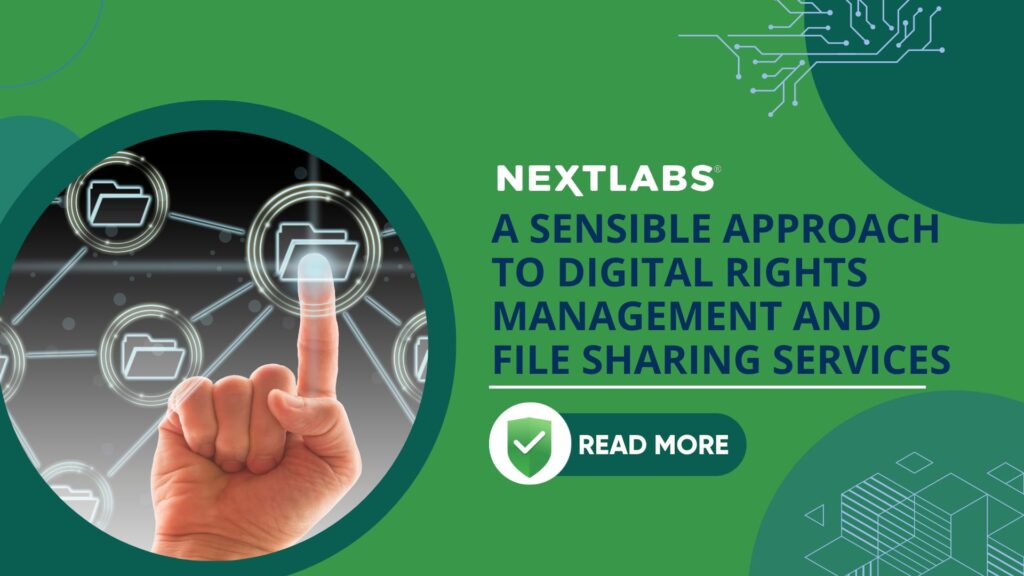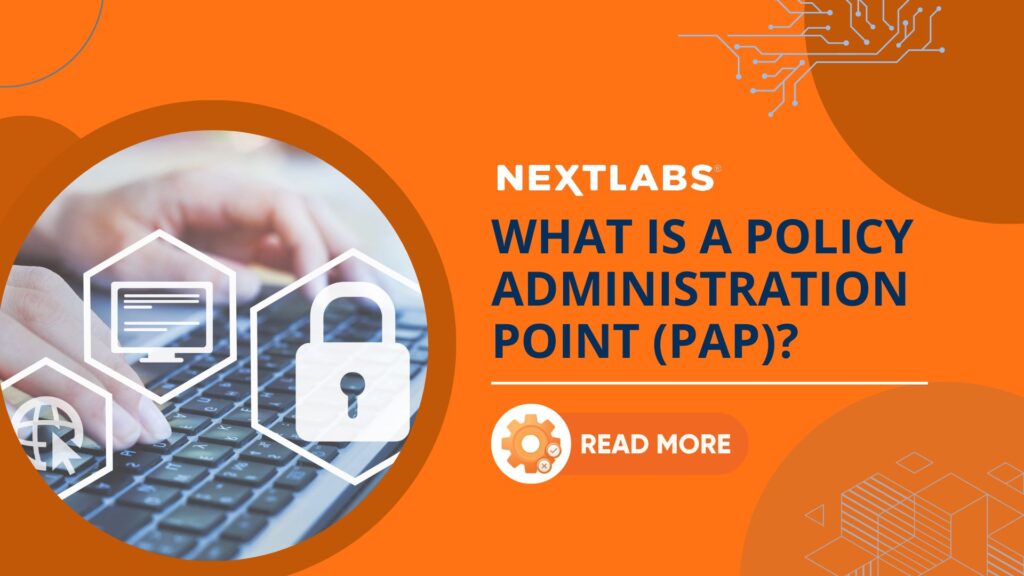JD: USA – Senior Product Manager – SAP Solutions
Home | NextLabs Team | Career Openings |Senior Product Manager – SAP Solutions Senior Product Manager – SAP Solutions United States Career Openings About NextLabs Product Management Senior Product Manager – SAP Solutions Location: San Mateo, California NextLabs®, Inc. is the leading provider of policy-driven information risk management software for Global 5000 enterprises. Our software […]
JD: USA – Senior Product Manager – SAP Solutions Read More »



